Optimal Timing for Invasive Vine Removal
Invasive vine removals are most effective during specific periods of the year when the plants are actively growing or dormant. Timing is crucial to ensure that removal efforts are successful and minimize regrowth. Proper timing can also reduce the impact on native plants and surrounding ecosystems.
Spring is ideal for invasive vine removals as plants are actively growing, making them easier to identify and remove before they set seed.
Summer offers a window for removal when vines are fully leafed out, but high temperatures may require careful planning to avoid plant stress.
Fall and winter are suitable for removing dormant vines, which can be easier to access and less likely to regrow immediately.
Regular monitoring after initial removal helps catch regrowth early and ensures long-term control.
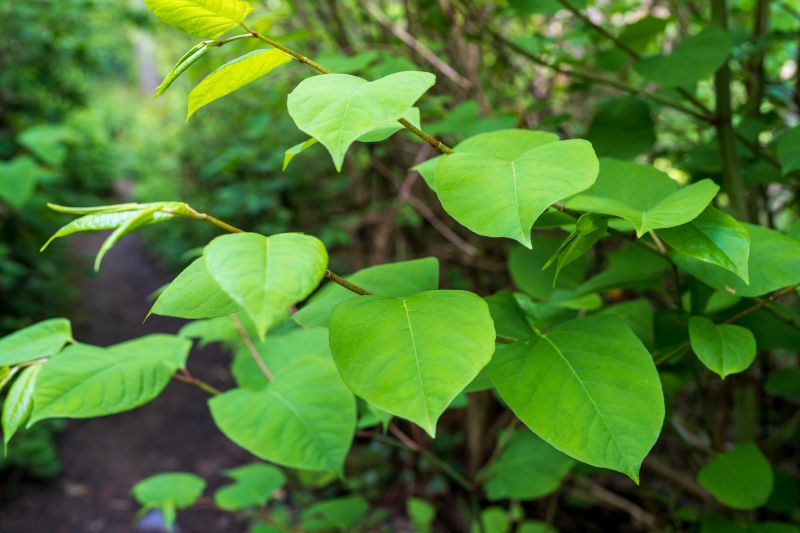
Ways to make Invasive Vine Removals work in tight or awkward layouts.
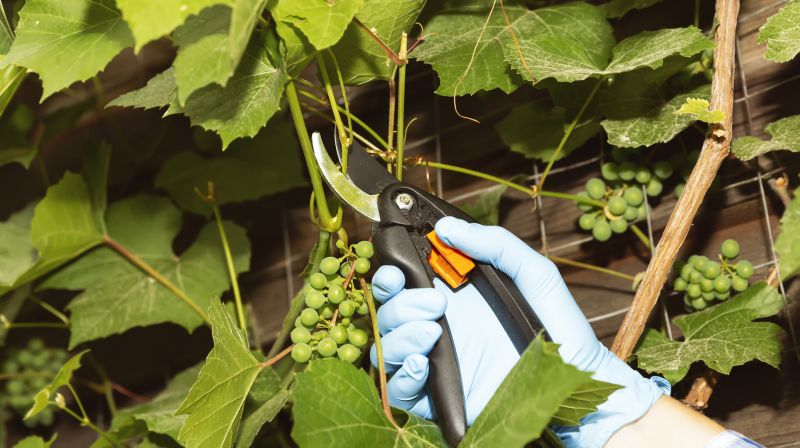
Popular materials for Invasive Vine Removals and why they hold up over time.
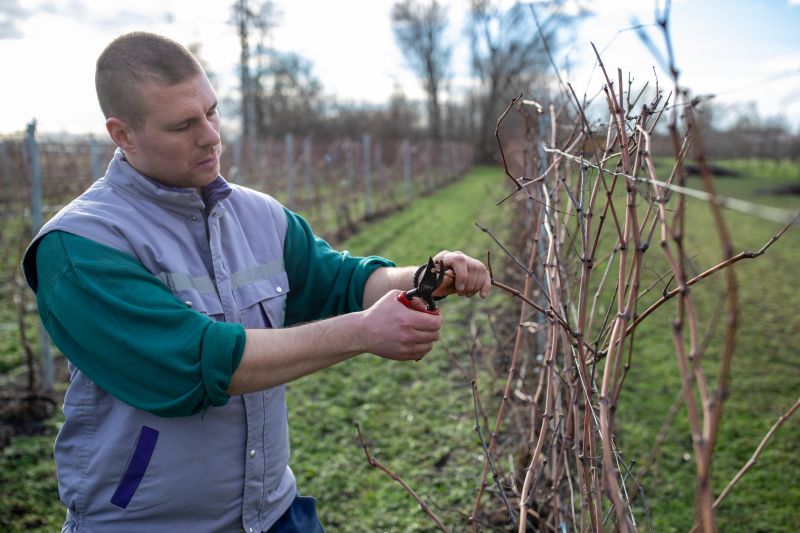
Simple add-ons that improve Invasive Vine Removals without blowing the budget.
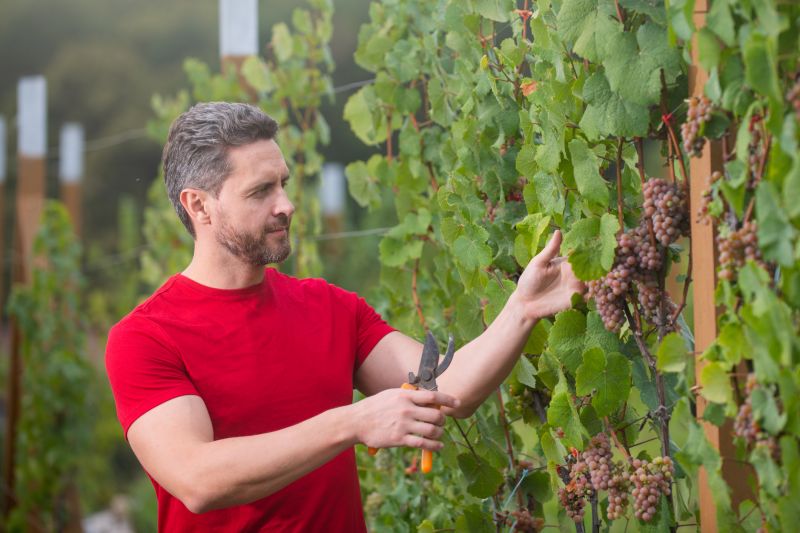
High-end options that actually feel worth it for Invasive Vine Removals.
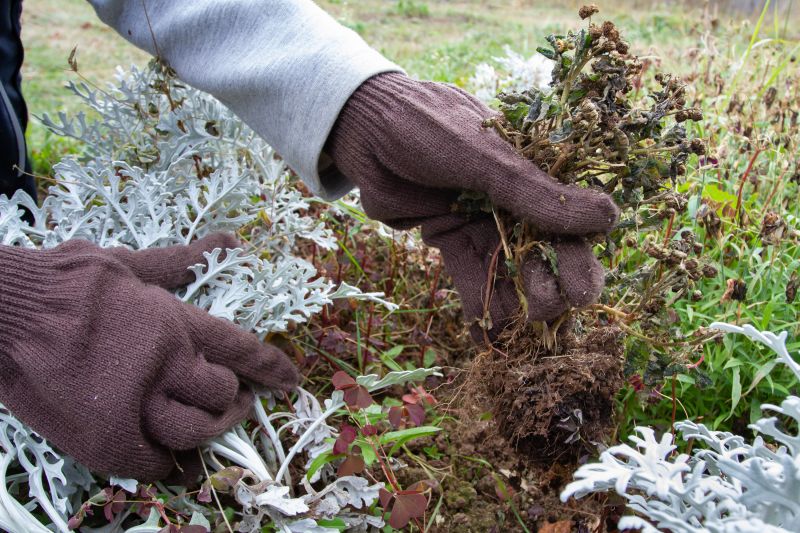
Finishes and colors that play nicely with Invasive Vine Removals.
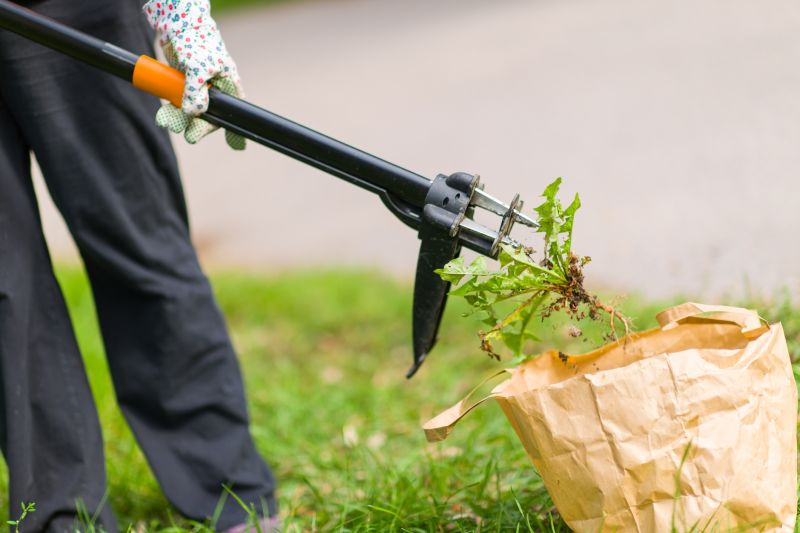
Little measurements that prevent headaches on Invasive Vine Removals day.
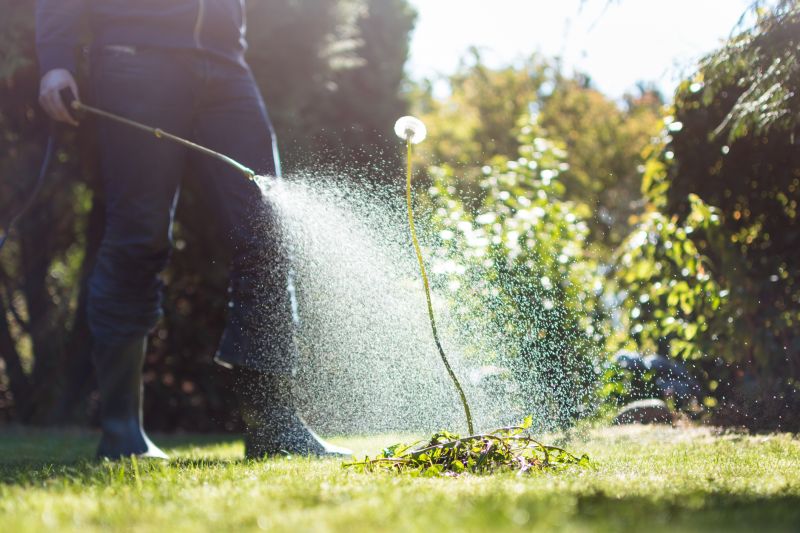
A 60-second routine that keeps Invasive Vine Removals looking new.
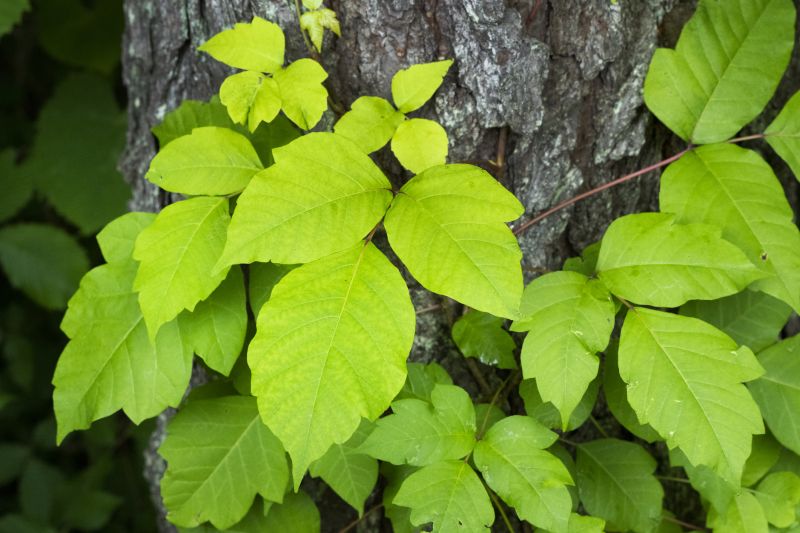
A frequent mistake in Invasive Vine Removals and how to dodge it.
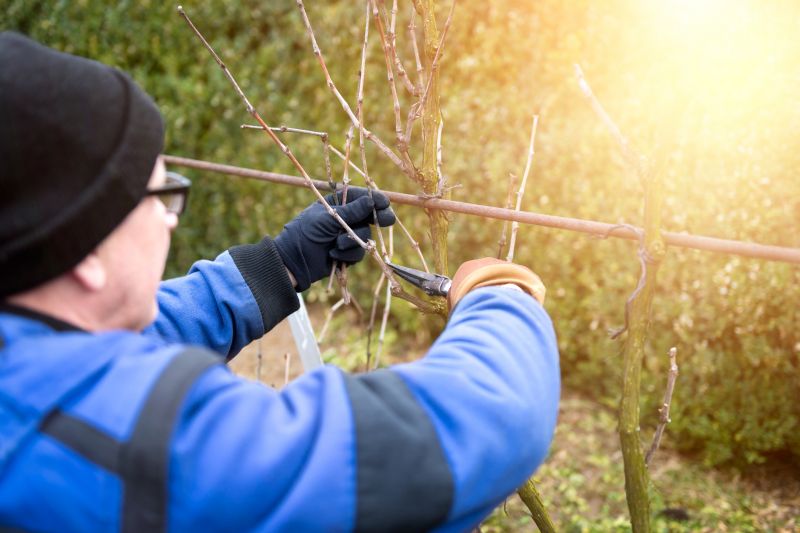
Small tweaks to make Invasive Vine Removals safer and easier to use.
| Best Time for Removal | Advantages |
|---|---|
| Spring | Easier to identify and remove actively growing vines before seed set. |
| Summer | Full foliage allows for better identification and removal of vines. |
| Fall/Winter | Vines are dormant, making removal easier and less damaging to surrounding plants. |
| Post-Removal Monitoring | Ensures regrowth is managed and control is maintained. |
| Timing Impact | Proper timing reduces regrowth and seed dispersal. |
